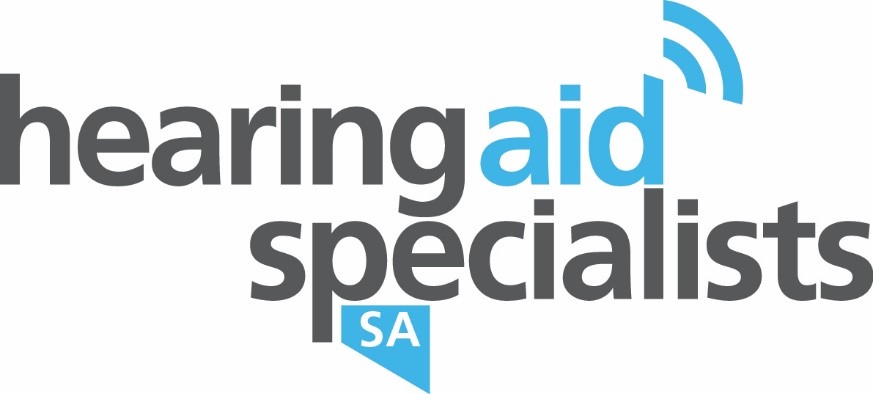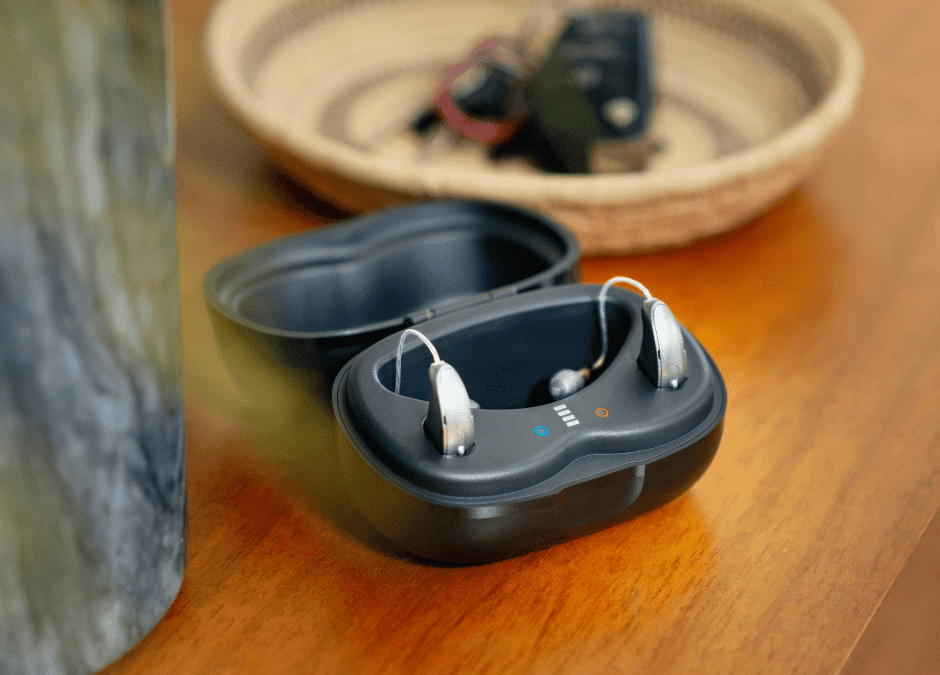Deciding between rechargeable and disposable hearing aid batteries is a common dilemma for many users. Each option offers distinct advantages, and the best choice depends on your lifestyle, budget, and sustainability preferences. At Hearing Aid Specialists SA, our experts are here to guide you in selecting the battery solution that best aligns with your individual hearing needs.
For those who experience hearing loss and use hearing aids, it’s important to understand that choosing the right battery is key to ensuring optimal performance. Thanks to advances in technology, users can now select between traditional disposable batteries and innovative rechargeable options. Understanding the advantages and limitations of each type will help you in making an informed choice that best fits your lifestyle and hearing needs.
Disposable Hearing Aid Batteries
Disposable hearing aid batteries are zinc-air devices that activate upon exposure to air. Available in standard sizes—10, 312, 13, and 675—they require periodic replacement. Trusted for decades, these batteries remain the industry standard for reliable hearing aid power.
Pros:
Readily Available: Disposable hearing aid batteries are widely available at pharmacies, hearing clinics, and online retailers – therefore they are easy to replace when needed.
Ideal for Frequent Travelers: Hearing aid users who travel frequently may find disposable batteries more convenient, as they don’t require a charger.
Cost-Effective for Light Users: If you don’t wear your hearing aids all day, disposable batteries can last longer and may be more cost-effective.
Reliable Power Source: Disposable batteries deliver a reliable and consistent power supply, ensuring stable and dependable hearing aid performance.
Cons:
Frequent Replacements Required: Depending on battery size and hearing aid model, batteries may need to be replaced every 3-14 days.
Ongoing Cost: Over time, purchasing disposable batteries can become costly, especially for individuals who use hearing aids frequently and extensively.
Environmental Impact: Used batteries contribute to electronic waste and need to be disposed of responsibly to minimise environmental harm.
Handling Difficulty: People with dexterity challenges or vision impairments may struggle to frequently replace the small batteries.
Rechargeable Hearing Aid Batteries
Rechargeable hearing aids use lithium-ion technology, allowing users to recharge their devices overnight for all-day use. This eliminates the need for regular battery changes and is becoming an increasingly popular option among hearing aid users.
Pros:
Convenient & User-Friendly: No need to frequently replace small batteries—simply place your hearing aids in the charging dock overnight.
Environmentally Friendly: Reduces battery waste, as lithium-ion batteries last several years before requiring replacement.
Cost-Effective in the Long Run: While the initial investment is higher, rechargeable hearing aids prove cost-effective over time by eliminating the ongoing expense of disposable batteries.
Consistent Power: Rechargeable batteries offer consistent and long-lasting power, reducing the risk of sudden battery failure.
Ideal for Active Lifestyles: Great for individuals who rely on their hearing aids all day and prefer the convenience of a rechargeable option.
Cons:
Regular Charging Required: Hearing aids must be charged every night to ensure they last the duration of the following day.
Higher Initial Cost: Rechargeable hearing aids and their charging stations typically have a higher upfront price compared to models using disposable batteries.
Limited Backup Power: If you forget to charge your hearing aids overnight, they might not work the next day—unlike disposable battery models, where you can simply replace the battery and keep going.
Battery Lifespan Considerations: While rechargeable batteries last for several years, they will eventually need to be replaced, requiring professional servicing.
Which Option is Best for You?
The decision between rechargeable and disposable hearing aid batteries depends on individual lifestyle and personal preferences. Here are some factors to consider:
Choose rechargeable batteries if:
- You prefer a hassle-free experience with no need to replace batteries frequently.
- You want an eco-friendly solution that reduces battery waste.
- You use your hearing aids all day and prefer a full-day charge.
- You have dexterity issues and find handling small batteries difficult.
Choose disposable batteries if:
- You travel frequently and may not always have access to a charging station.
- You want a lower initial cost without investing in charging accessories.
- You prefer the flexibility of carrying spare batteries for backup power.
- Your hearing aid usage is light, meaning battery changes are infrequent.
At Hearing Aid Specialists SA, we offer a wide range of rechargeable and disposable battery-powered hearing aids. Our audiometrists and audiologists are happy to discuss your needs and recommend the best solution based on your lifestyle and preferences
Contact us today to explore our battery solutions with Hearing Aid Specialists SA and learn how we can support your hearing needs.

